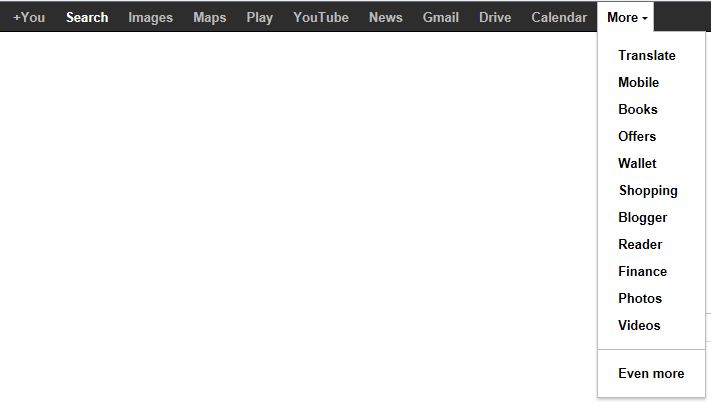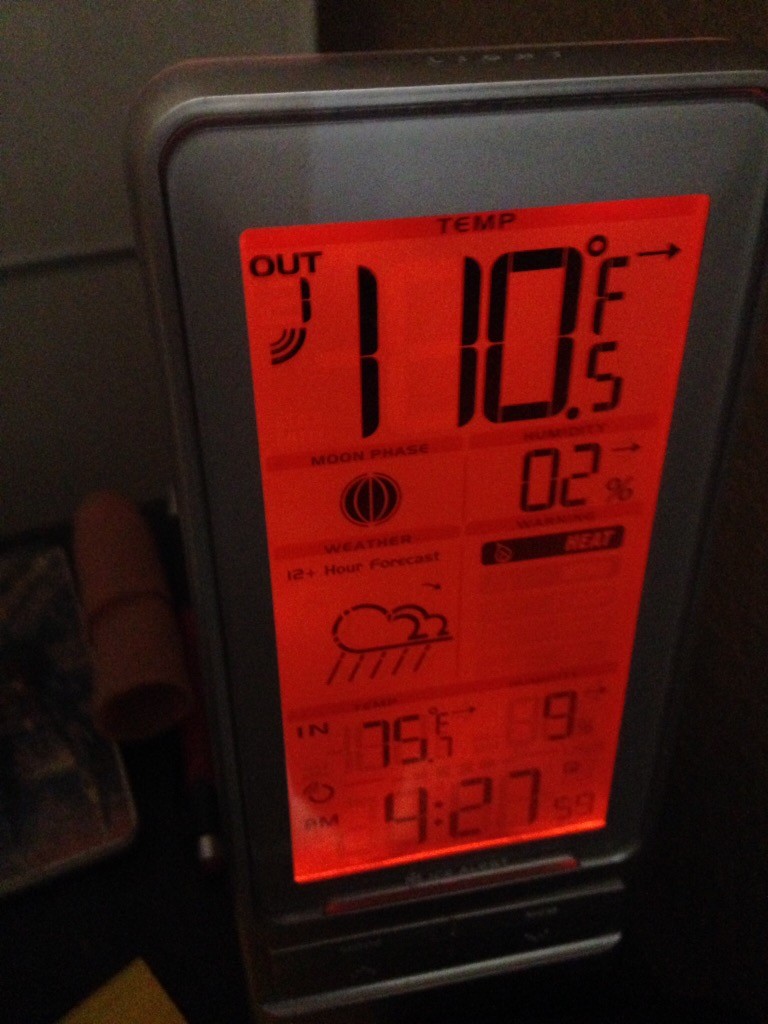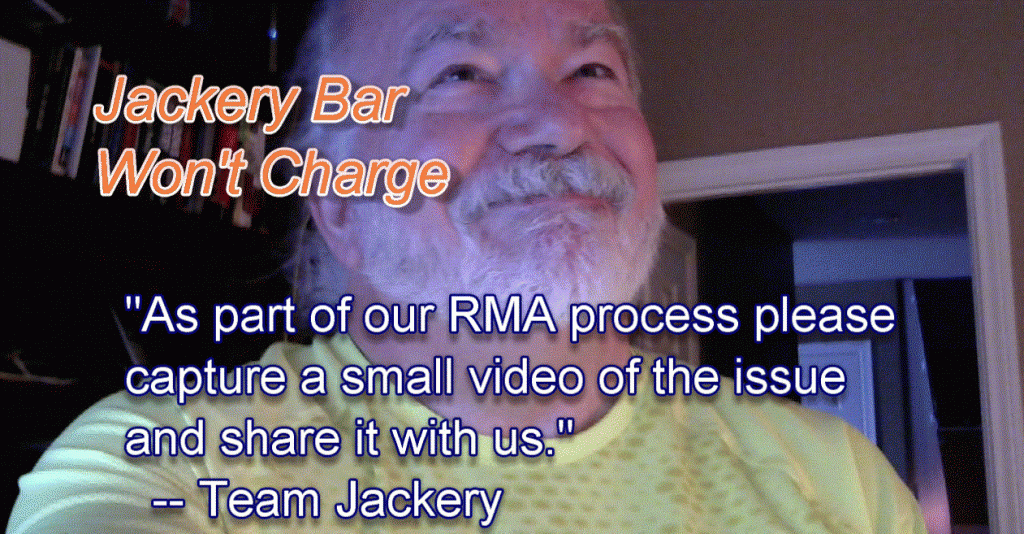It’s nice what Google does for people. I mean, they give us this great web browser, and lots of other tools, like Google Maps and Google+.
Yeah, Google+. Lately I’ve had quite a few people invite me to participate in Google+. Now for those of you that have seen my Facebook, Twitter, Linked in, and YouTube pages, you know that I am not opposed to social media. But there’s something about Google and Google+ but I’m just not so sure about.
You see, there are people who don’t like Microsoft, ostensibly because it’s “too big”. The reality is that, while Microsoft is a very large company, they are not in the business of collecting all the information they possibly can about you and about me. Microsoft just likes being in business and making money. In some people’s minds, that is the American dream.
But here is what Google does: they collect information. And they not only collect the information, they cross-reference it among various sources. And they use that cross-reference to present you with the most marketable items among its advertisers. At least, that’s what they do with your information now.
But as we all know, historically, people and entities that collect information about other people eventually end up using it in a manner that is not consistent with their original intent. And that’s why I don’t like Google.
I don’t like them knowing who my friends are, I don’t like them knowing what I say about whom, I don’t like them knowing what I search about on the Internet, and I don’t like them being able to link my YouTube, by searching, my Gmail, the contents of my online drive space, or my calendar. And I certainly would not store any medical information on any type of medical offering that Google had.
If you go to the Google website, you should notice the little black bar that they have at the top of your screen. It looks something like this:

Now me, personally, I really don’t want my search, my maps, YouTube, my news reading habits, the contents of my Gmail, drive, and calendar, anything I translate, any books I’m interested in, the contents of my wallet, how I go shopping, anything that I blog, certainly anything about my finances, and “even more” to be magically linked together, for any purpose! But I suppose that is the price we pay for “free access” to much of Google’s “services”.
But let us not forget that Google makes a lot of money from its advertisers. And how does it manage to get that money? By the promise that when Google displays the advertiser’s message, it will only do so in front of a carefully selected viewer. And careful selection, my friend, means they have to know who you are, and know a good bit about you.
Let’s not forget Google Streets. Google had an army of Volkswagen bugs traveling around the countryside taking pictures of every square foot of any populated town. (It’s actually pretty nice living in a place where Google did not roam up and down the streets taking pictures of everybody’s house. You can see my roof in the overhead view, but you can’t see the front of my house from a street-level view.) Now I have to admit, that on occasion I have used the Google street view in order to more precisely locate a building that I am about to drive to. So I’m not saying that Google Streets inherently is evil. What I am saying that any linkages between the Google street view and other information about you and me may have some negative long-term implications.
In his First Monday article entitled “Beyond Google and evil: How policy makers, journalists and consumers should talk differently about Google and privacy“, Chris Hoofnagle recalls:
In April 2007, the Wall Street Journal reported that Google would reorder searches based upon individuals’ location and past ad clicking.
With your smart phone, they know where you are. They know where that smart phone is during weekdays, if you use it to surf the web. So they know where you work. They know where that smart phone is most weeknights and weekends, so they know where you live. And they can link all of your “where you are now” information with “where you work” and “where you live”, and ultimately they know where you shop, where your kids go to school, what sports you and your kids play (oh, you don’t carry your smart phone with you to the game?), what doctors you go to, where you like to vacation, and potentially a whole lot more.
So now they want to know who you interact with, and where you are when you’re Plussing with Friends. Every time you touch a Google site or a Google app, they learn just a little more about you.
All I’m saying is, “think about it.” I think Google knows more about you than the government goes. And that’s saying something.
So for those of you who continue to invite me to your Google+ sites, I’m sorry, but I just can’t contribute even more of my information to the Google giant.
Catch me on Facebook or Twitter!



